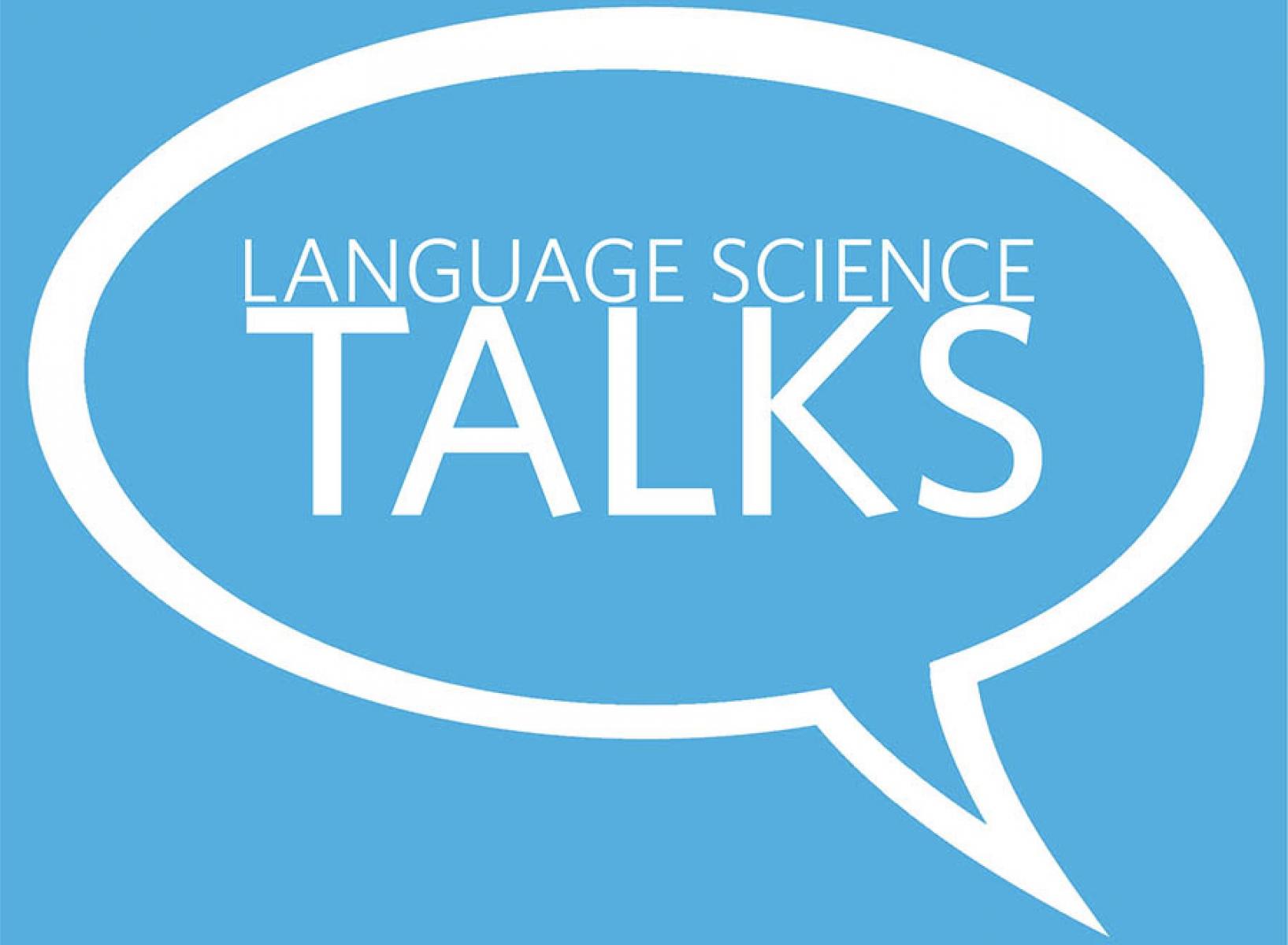Language Science Talks - Dr. Elena Nicoladis on "When cows and pencils are boys: English speakers’ intuitions about the gender of things"
November 22, 2022, 12:00 pm to 1:00 pm
Join us at the Dodson Room in The Irving K. Barber Learning Centre on Tuesday, November 22, 2022, from 12:00-1:00 pm for the next Language Sciences Talk featuring Dr. Elena Nicoladis. Dr. Janet Werker, Language Sciences Co-Director, will be moderating this event.
At this Language Sciences Talk, Dr. Elena Nicoladis will present her research on the ways in which the structure of a spoken language can affect how one thinks. Read the event abstract and speaker bio below.
Registration for this event is required as a light lunch will be provided for in-person attendees and numbers are needed for catering. Please RSVP using the button below.
Please use the Zoom details below to attend virtually:
- Zoom Link: https://ubc.zoom.us/j/67167218111?pwd=cWxBVXM5Y1BubmkyYVdKVllQQ21KQT09
- Meeting ID: 671 6721 8111
- Passcode: 842443
Title: When cows and pencils are boys: English speakers' intuitions about the gender of things.
Abstract:
There is mixed evidence as to whether the structure of the language that one speaks affects how one thinks. For example, if one speaks a language with grammatical gender, does one conceptualize objects according to that grammatical gender? In our studies, we have found no evidence that this is the case for young children. However, we discovered that English speakers have intuitions about the gender of objects that are highly stable from childhood to adulthood. For example, cows and pencils are boys, and cats and stars are girls. We have found that these gender intuitions can bolster or interfere with the acquisition of grammatical gender in French, depending on whether the gender intuitions from English are congruent or incongruent with French gender. One possible source of these gender intuitions is the associations between words. If so, then one way in which language might influence thought is through the associations between words.
Speaker Bio:
Elena Nicoladis is a professor in the psychology department at the University of British Columbia, Okanagan Campus. Her research interests include bilingual language learning (mostly with children), gesture use, cross-linguistic and/or cross-cultural similarities and differences in language learning and processing, thinking for speaking, and the relationship between language and thought. Over the course of doing her research, she has developed strong arguments on many of these topics, including whether bilingualism confuses children (it doesn’t) and whether children are sensitive to iconicity in gestures (mostly they’re not, except when they are). Dr. Nicoladis once had a prediction for a study upheld exactly as predicted, an event that led to a 3-month-long depression.
